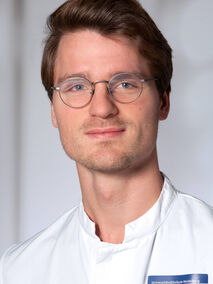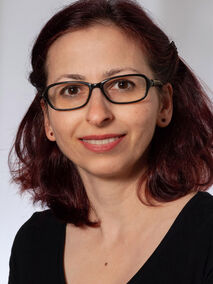Pathogenetic mechanisms of cholestatic liver diseases and liver cancer
General
Our research group is interested on understanding pathogenetic mechanisms of cholestatic liver diseases, such as primary sclerosing cholangitis, and liver cancer, with a focus on signaling pathways.
Cellular signaling is essential for the intercellular communication within a tissue and between organs and influence all aspects of cellular homeostasis, such as for example growth, differentiation, inflammatory and immune response, and cell death. In disease, signaling pathways are often disturbed and thus contribute to the pathogenic process. The understanding of the underlying molecular mechanisms is essential for the development of new therapeutic approaches in these difficult-to-treat liver diseases.
The laboratory is using primary, patient-based 3D organoid culture methods for a disease-centered research approach. To achieve our aims we combine imaging, molecular biology and biochemistry techniques.
Wissenschaftlicher Mitarbeiter
Leiter
Dr. Dr. med. Michael Dill
Leiter Max Eder Nachwuchsgruppe (DKFZ) für Experimentelle Hepatologie, Entzündung und Krebs
Leiter Leberkrebszentrum des UKHD
Schwerpunkt
Hepatologie, Hepatobiliäre Tumore, Lebertransplantation








